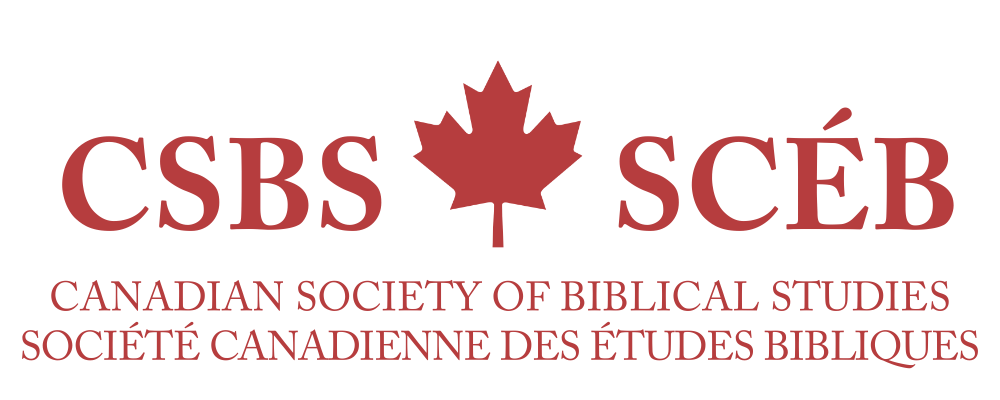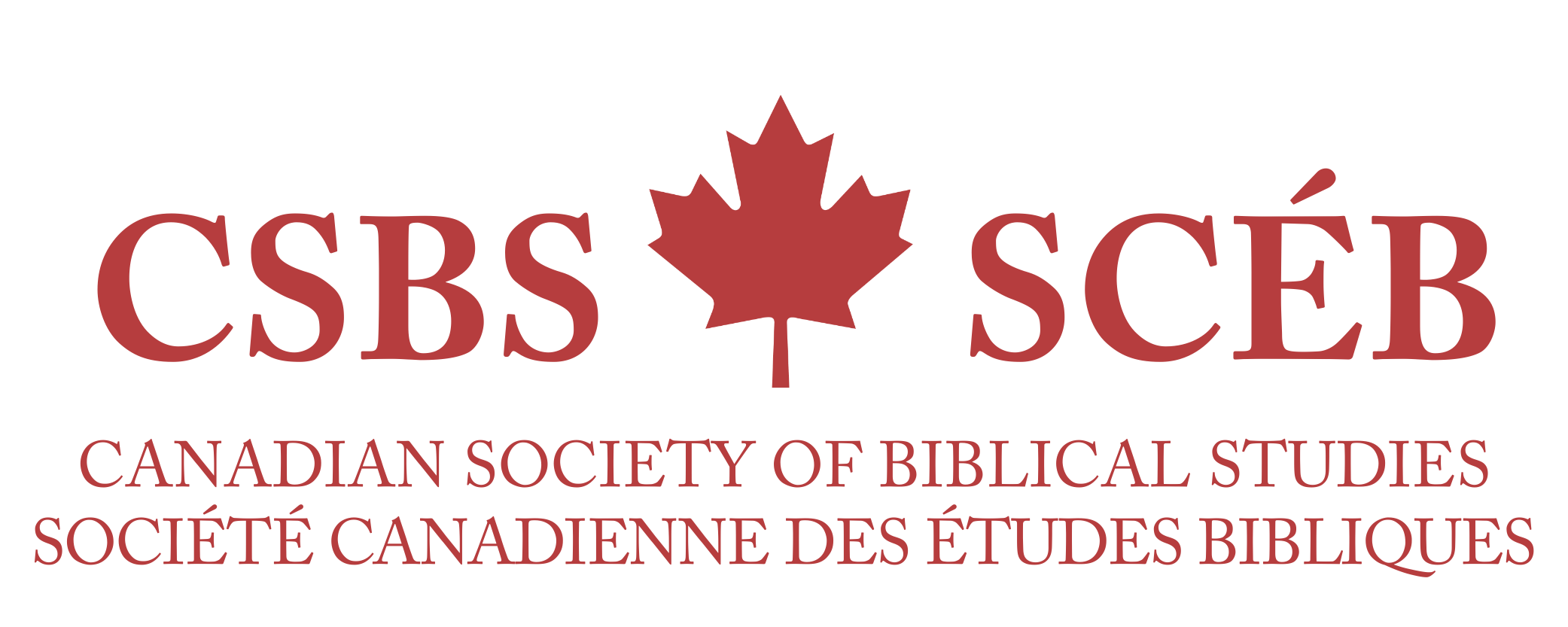Annual Meeting
2025 CSBS Annual Meeting
Our next annual meeting is set for June 3–5, 2025, at George Brown College’s St. James campus in downtown Toronto. This meeting will be a part of the Congress of the Social Sciences and Humanities from May 30 to June 6. If you have paid your 2025 membership fees or have submitted a paid application to become a new member, you are eligible to present your research and to attend the annual meeting. You will find information in the “Programme Proposals” section in this mailing (note the January 15 deadline for the General Programme). To renew membership online, please access the CSBS website (https://csbs-sceb.ca/register/).
Up-to-date membership in the CSBS is a prerequisite for participation in the Society’s Annual Meeting, therefore paper proposals will only be accepted from those who have paid their 2025 membership dues (note: https://csbs-sceb.ca/register/ to renew online) or have submitted a paid application as a new member. Papers in English or French are invited for presentation in the form of short communications followed by discussion (time for presentation and discussion is usually 30 minutes). Please try to renew your membership for 2025 as soon as possible, since the society’s journal publisher (Sage) needs to prepare subscriptions for Studies in Religion by January 1.
To view and download the 2025 annual meeting program, please click the following link:
2025 CSBS Annual Meeting Program
The deadlines for the Wagner Award (https://csbs-sceb.ca/norman-e-wagner-award/) and the Falconer Award (https://csbs-sceb.ca/sir-robert-falconer-award/) is May 1, 2025. Please consider applying!
CSBS students: if you are participating in the program, please apply for the Neufeld Travel Grant (including registration costs). For more information about how to apply, please consult our website: https://csbs-sceb.ca/student-travel-grant/.
An Inclusive Culture at the CSBS
The following documents provides suggestions for members, session conveners, and chairs for fostering an inclusive atmosphere at the annual meeting of the CSBS. The Society follows the Code of Conduct of the Canadian Federation for the Humanities and Social Sciences. This document gives suggestions for making the annual meeting a welcoming space. This document grew from the ad hoc report on the functioning of CSBS, which was “a response to varied requests from the Society membership and the Federation for the Humanities and Social Sciences EDID review.” Subsequent to that report, the CSBS executive created another ad hoc EDID committee, which has produced this document in conversation with the executive.
2025 CSBS Annual Meeting
Our next annual meeting is set for June 3–5, 2025, at George Brown College’s St. James campus in downtown Toronto. This meeting will be a part of the Congress of the Social Sciences and Humanities from May 30 to June 6. If you have paid your 2025 membership fees or have submitted a paid application to become a new member, you are eligible to present your research and to attend the annual meeting. You will find information in the “Programme Proposals” section in this mailing (note the January 15 deadline for the General Programme). To renew membership online, please access the CSBS website (https://csbs-sceb.ca/register/).
Up-to-date membership in the CSBS is a prerequisite for participation in the Society’s Annual Meeting, therefore paper proposals will only be accepted from those who have paid their 2025 membership dues (note: https://csbs-sceb.ca/register/ to renew online) or have submitted a paid application as a new member. Papers in English or French are invited for presentation in the form of short communications followed by discussion (time for presentation and discussion is usually 30 minutes). Please try to renew your membership for 2025 as soon as possible, since the society’s journal publisher (Sage) needs to prepare subscriptions for Studies in Religion by January 1.
To view and download the 2025 annual meeting program, please click the following link:
2025 CSBS Annual Meeting Program
The deadlines for the Wagner Award (https://csbs-sceb.ca/norman-e-wagner-award/) and the Falconer Award (https://csbs-sceb.ca/sir-robert-falconer-award/) is May 1, 2025. Please consider applying!
CSBS students: if you are participating in the program, please apply for the Neufeld Travel Grant (including registration costs). For more information about how to apply, please consult our website: https://csbs-sceb.ca/student-travel-grant/.
An Inclusive Culture at the CSBS
The following documents provides suggestions for members, session conveners, and chairs for fostering an inclusive atmosphere at the annual meeting of the CSBS. The Society follows the Code of Conduct of the Canadian Federation for the Humanities and Social Sciences. This document gives suggestions for making the annual meeting a welcoming space. This document grew from the ad hoc report on the functioning of CSBS, which was “a response to varied requests from the Society membership and the Federation for the Humanities and Social Sciences EDID review.” Subsequent to that report, the CSBS executive created another ad hoc EDID committee, which has produced this document in conversation with the executive.

